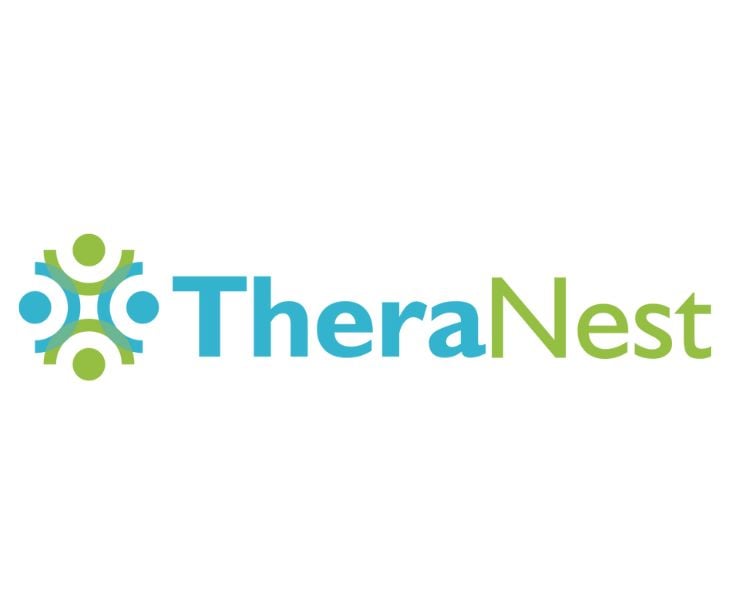
TheraNest is a web-based practice management and electronic health record (EHR) software designed specifically for mental health professionals. It streamlines administrative tasks such as scheduling, billing, and client record management, making it an invaluable tool for therapists.
Is TheraNest HIPAA compliant? Yes, TheraNest can be HIPAA compliant based on its features and offerings.
Will TheraNest sign a business associate agreement (BAA)?
Yes, TheraNest states that it offers a business associate agreement (BAA) to its users.
What does the TheraNest BAA cover?
The TheraNest BAA covers the use and disclosure of protected health information (PHI), ensuring that all HIPAA requirements are met.
Their BAA covers:
- Protection of PHI
- Notifications of security incidents
- Access by HHS requests
- Individual Right of Access requests
- Individual accounting requests
- Return or destruction of PHI
What does the TheraNest BAA exclude?
TheraNest does not explicitly list exclusions within its BAA, but it is implied that PHI should not be used beyond the intended practice management functions. That includes avoiding the use of TheraNest for unauthorized purposes such as patient treatment outside the scope of the agreed-upon terms.
Conclusion
TheraNest signs a BAA and is therefore HIPAA compliant. However, users must ensure they are using the platform according to the guidelines established in the BAA to maintain compliance.
FAQs
What is a business associate agreement?
A business associate agreement (BAA) is a legally binding contract establishing a relationship between a covered entity under the Health Insurance Portability and Accountability Act (HIPAA) and its business associates. The purpose of this agreement is to ensure the proper protection of personal health information (PHI) as required by HIPAA regulations.
Read more: FAQs: Business associate agreements (BAAs)
What is HIPAA?
The Health Insurance Portability and Accountability Act (HIPAA) sets national standards for protecting the privacy and security of certain health information, known as protected health information (PHI). HIPAA is designed to protect the privacy and security of individuals’ health information and to ensure that healthcare providers and insurers can securely exchange electronic health information. Violations of HIPAA can result in significant fines and penalties for covered entities.
Who does HIPAA apply to?
HIPAA applies to covered entities, which include healthcare providers, health plans, and healthcare clearinghouses. It also applies to business associates of these covered entities. These are entities that perform certain functions or activities on behalf of the covered entity.
Subscribe to Paubox Weekly
Every Friday we'll bring you the most important news from Paubox. Our aim is to make you smarter, faster.



